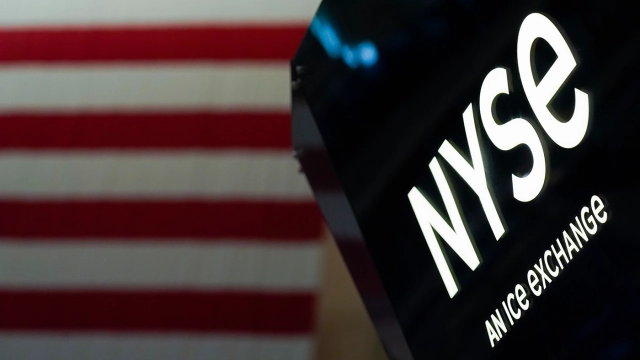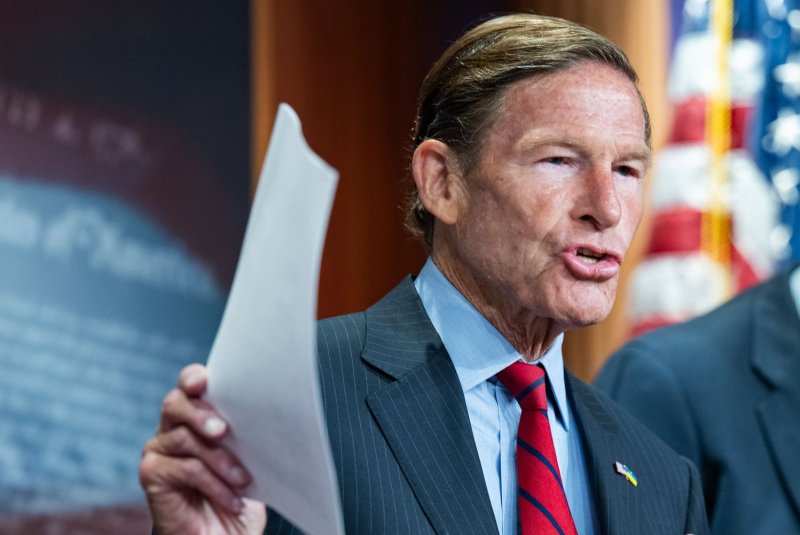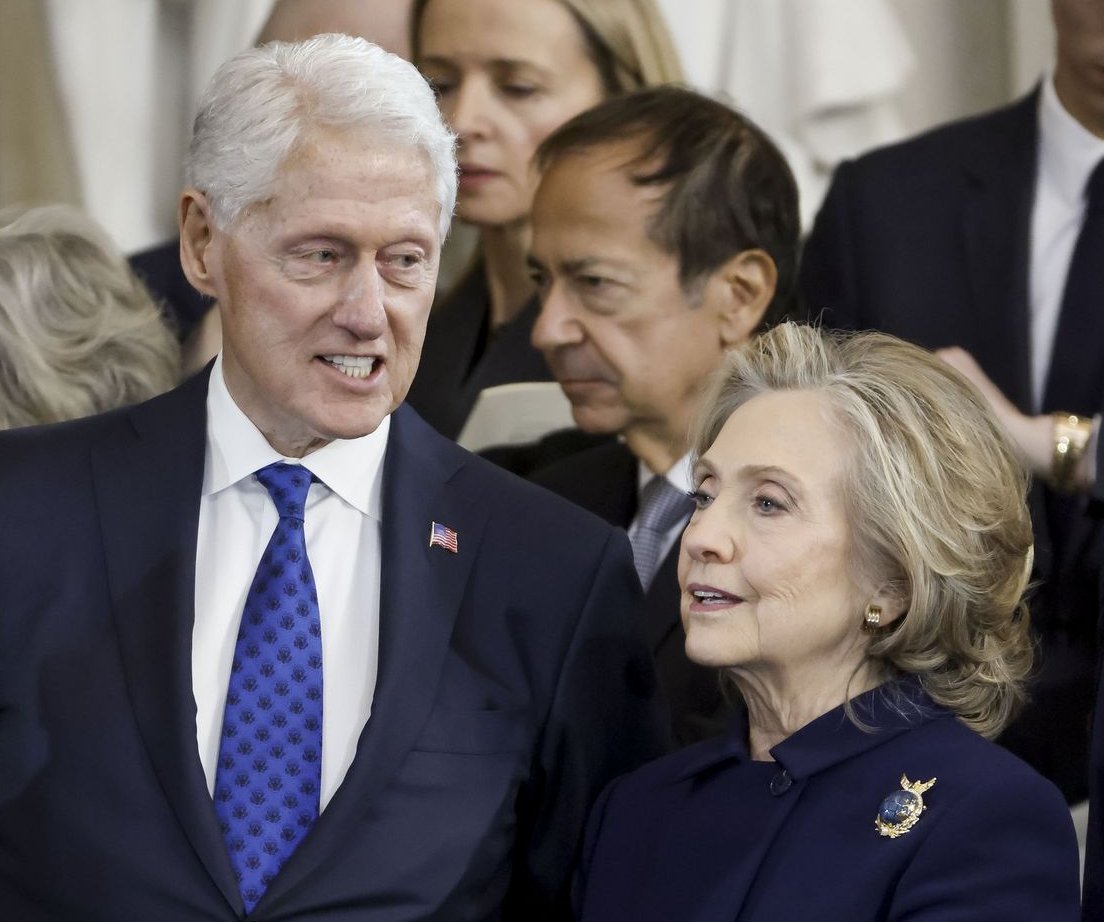Over the past several months, the Wall Street Journal has been reporting on government officials who profit from their cozy relations with the private businesses they regulate or that otherwise fall within their jurisdictions.
As reported on Dec. 30, most of the officials’ personal financial gains arise from “insider trading,” the presumptively illegal buying or selling of publicly traded stock based on not-yet-public information about pending regulatory intervention to which the market will respond (either positively or negatively) after the action is announced. Bureaucrats and politicians are poster child “insiders” who know what public policies are being devised and can easily predict their effects on company profitability.
In 2021, for example, the Federal Deposit Insurance Corporation initiated a process to select its primary provider of cloud data storage services. Microsoft was one of the vendors being considered. According to the Journal, “three key officials involved in the discussions, or their family members, owned shares in Microsoft, including the deputy chief information officer who pushed to pick the company.” Lo and behold, Microsoft was chosen and the insiders, along with all other owners, saw an uptick in the company’s stock price, which they could cash in on immediately by selling their shares.
The Journal reports similar stories from the Export-Import Bank, Federal Communications Commission and U.S. Patent and Trademark Office. Disclosure and conflict-of-interest rules are in place to limit officials’ ability to profit from their regulatory or policymaking powers.
The story notes, “Federal prosecutors rarely pursue potential violations, however, leaving enforcement mostly to the agencies themselves. The agencies seldom impose punishments for financial conflicts.”
The lack of prosecutorial zeal is explained in part by the difficulty of enforcing laws against insider trading when it is suspected, whether in the private or public sphere. It can be discovered only if the insider buys shares ahead of an anticipated stock price rise or sells ahead of an expected decline. If advance knowledge of a business-friendly policy action causes the price of a company’s stock to rise, penalties are avoided even if insider information triggers a decision not to sell shares previously in the investor’s portfolio.
Conflicts of interest between public officials and the companies within their policy domains are inescapable. As mentioned, the conflicts can be financial if public officials take advantage of information not yet available to other stock-market participants. Or they can materialize in the longer term through the “revolving doors” between government agencies and the private sector. The knowledge and experience necessary to navigate and exploit public-policy processes are valuable to private businesses, who for that reason regularly offer jobs to former public officials as lobbyists, employees of “governmental affairs” departments or well-paid members of their boards of directors.
Bureaucrats are profiting off of policy: Only voters can stop them




